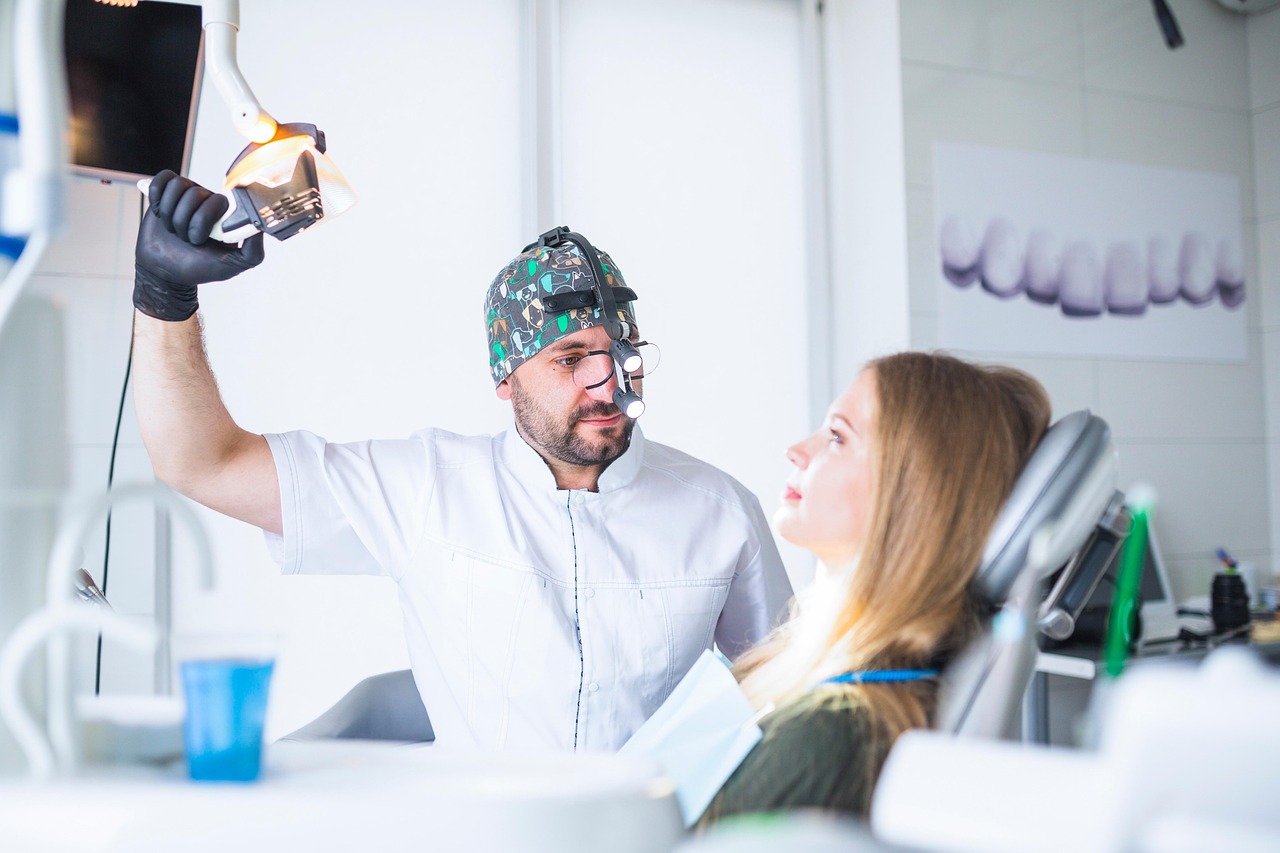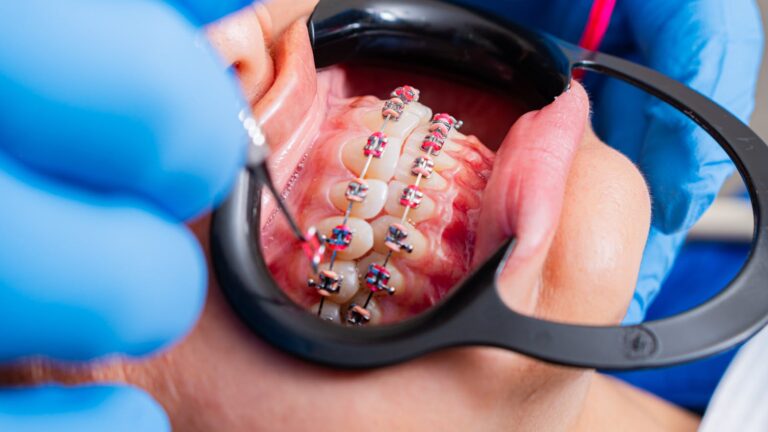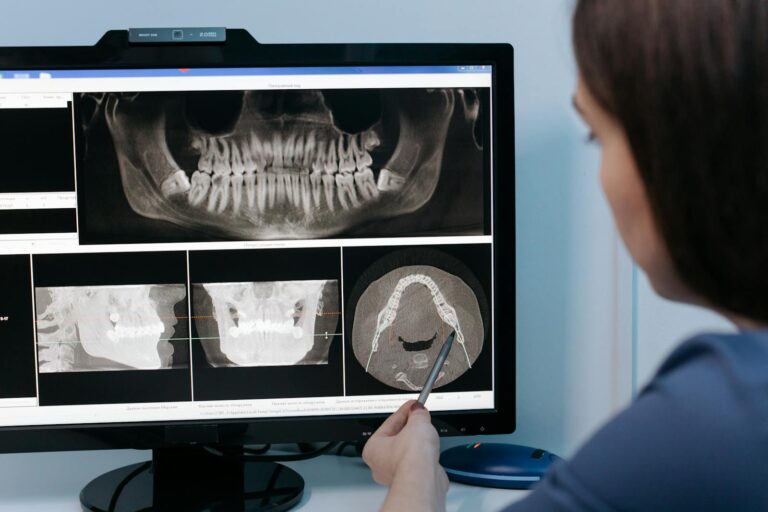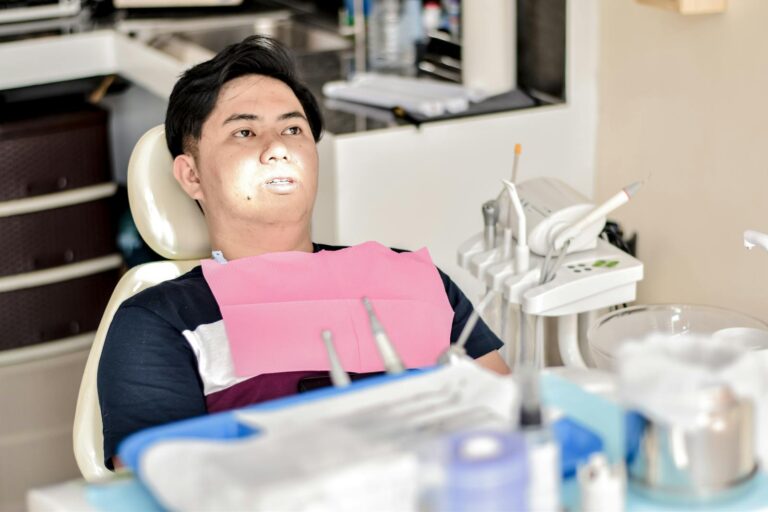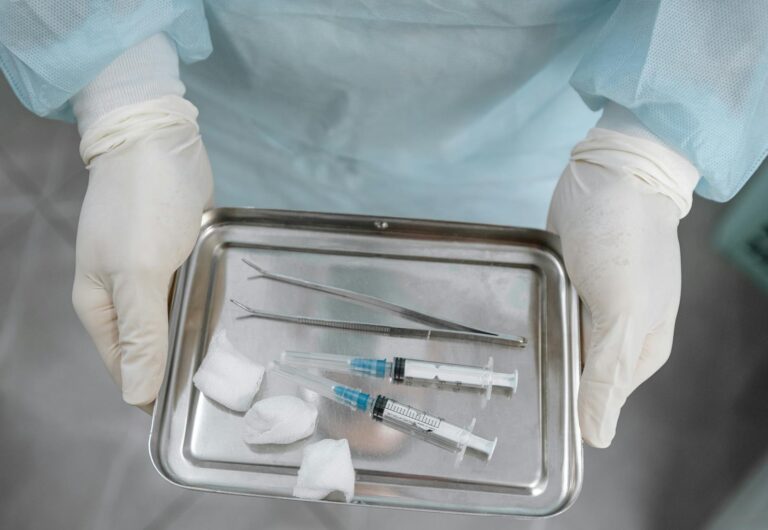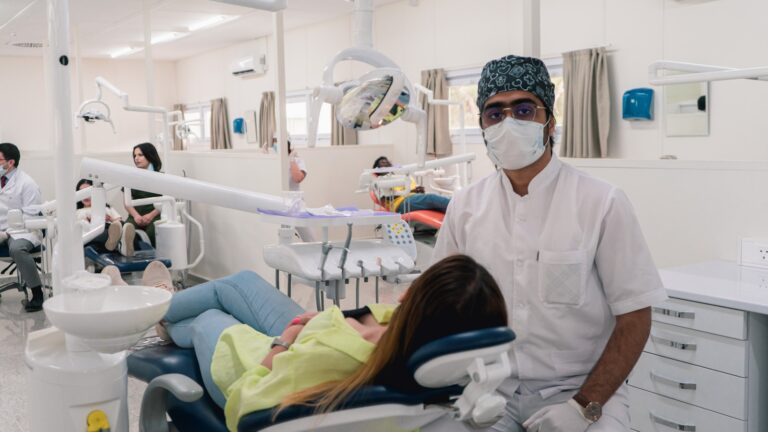When to Get Your Wisdom Teeth Checked by a Dentist
If you’re in your late teens or early twenties and haven’t given much thought to your wisdom teeth, now might be the time. These late bloomers—your third molars—don’t always make a grand entrance, but when they do, they can stir up quite a bit of dental drama.
So, when exactly should you see your dentist about your wisdom teeth? Let’s talk about timing, warning signs, and why putting it off might not be the best idea.
Why Wisdom Teeth Deserve Their Own Appointment
Most people develop four wisdom teeth—two on the top and two on the bottom—and they usually begin to appear between the ages of 17 and 25. These are the last permanent teeth to erupt, and by the time they start pushing through, your mouth is already pretty full. That’s where the trouble begins.
The real issue? Not everyone has enough room in their jaw to accommodate these extra molars. When there’s insufficient space, wisdom teeth can grow in at odd angles, get stuck under the gums (a condition known as impaction), or press painfully against neighboring teeth. Left unchecked, this can lead to infections, crowding, bone damage, and even cyst formation.
That’s why dentists strongly recommend having your wisdom teeth evaluated early—ideally before they cause symptoms or even begin to erupt. A panoramic dental X-ray can give us a full picture of what’s happening below the surface. We can see whether the wisdom teeth are developing normally, if they’re tilted or trapped, or if they’re likely to create future problems.
The ideal age range for this first wisdom tooth check-up is between 16 and 19. At this point, the roots of the teeth are only partially formed, which makes any necessary extraction much simpler and less invasive. The bone around the teeth is also more flexible at this age, meaning patients tend to recover faster and with fewer complications.
Catching potential issues before they erupt can save you from pain, swelling, infections, and complex surgical procedures down the line. It’s one of those times in dentistry where preventive care truly pays off.
Red Flags That Shouldn’t Be Ignored
Just because your wisdom teeth haven’t caused any pain—yet—doesn’t mean everything is fine. These molars are notorious for staying silent until things get complicated. In fact, many wisdom tooth problems begin quietly and worsen gradually. That’s why being aware of subtle warning signs can make all the difference in catching issues early.
Here are some symptoms that should prompt a visit to your dentist:
- Persistent pain or pressure at the back of your jaw: This could be a sign that your wisdom teeth are pushing against your other molars or are impacted beneath the gum line.
- Swollen, tender, or bleeding gums near the back of your mouth: This may indicate an infection or inflammation, especially if the wisdom tooth has only partially erupted and is trapping food and bacteria.
- Trouble opening your mouth fully or discomfort when chewing: These issues could signal inflammation around the joint or tissue, often caused by impacted wisdom teeth affecting surrounding structures.
- Bad breath or a lingering unpleasant taste: If you notice chronic bad breath that brushing and flossing can’t fix, it might be due to bacteria hiding around a partially erupted wisdom tooth. These pockets are difficult to clean and can quickly become infected.
- Signs on X-rays you can’t see or feel: Sometimes, your dentist may spot cysts, damage to nearby tooth roots, or early signs of bone loss on a routine panoramic X-ray—even if you have no symptoms yet.
One of the most common problems with wisdom teeth is partial eruption, where the tooth breaks through the gum just enough to create a flap or space. This pocket becomes the perfect hiding spot for bacteria and food debris. The result? A painful condition called pericoronitis, which can swell up quickly and make eating or even swallowing uncomfortable.
In some cases, impacted wisdom teeth don’t erupt at all—but that doesn’t mean they’re harmless. They can still push against the roots of nearby teeth, slowly shifting them out of alignment or even damaging the jawbone.
Wisdom tooth issues often start subtly. If you’re noticing any of the signs above—or even just have a hunch something feels “off”—it’s worth having your dentist take a closer look. Early attention can prevent more serious complications and may even save your other teeth in the long run.
Don’t Wait Until It Hurts
One of the most common things I hear from patients—especially teens and young adults—is this:
“It doesn’t hurt, so it must be fine.”
As a dentist, I can tell you that this mindset is not only misleading, but it can also be risky when it comes to wisdom teeth. These molars are sneaky. They often develop problems quietly, beneath the surface, long before you feel a single twinge of pain. By the time discomfort sets in, your wisdom teeth may already be infected, impacted, or damaging neighboring teeth—sometimes even all three.
The truth is, pain is often a late-stage symptom. That means the situation has already progressed to the point where inflammation, infection, or pressure has begun to affect surrounding tissue, nerves, or bone. At that stage, treatment options may become more limited, the procedure might be more complex, and recovery can take longer.
On the flip side, early intervention opens up more choices. If we catch problematic wisdom teeth early—before they erupt, shift other teeth, or cause pain—removal is typically quicker, less invasive, and associated with a smoother healing process. You avoid complications like:
- Painful gum infections
- Damage to nearby molars
- Crowding of your straightened teeth (especially if you’ve had braces!)
- Cysts or bone destruction
- Nerve involvement in lower impacted teeth
Think of it like this: wisdom teeth are like ticking time bombs. Not all of them explode, but the ones that do can create a mess. That’s why getting them checked before they cause problems is one of the smartest things you can do for your long-term dental health.
So no, you don’t have to wait until it hurts. In fact, it’s better if you don’t.
Final Thoughts
If you’re between 16 and 25 and haven’t had your wisdom teeth evaluated yet, now is the perfect time to schedule that check-up. Wisdom teeth might be a rite of passage into adulthood, but that doesn’t mean they should ruin your smile along the way.
Taking a proactive approach doesn’t just save you from future pain—it’s a smart move for your long-term dental health.
Trust your instincts. And when in doubt, let your dentist check it out.
